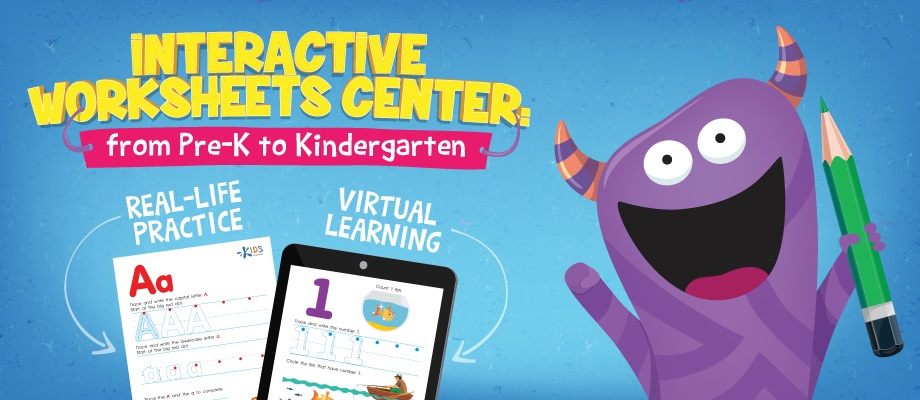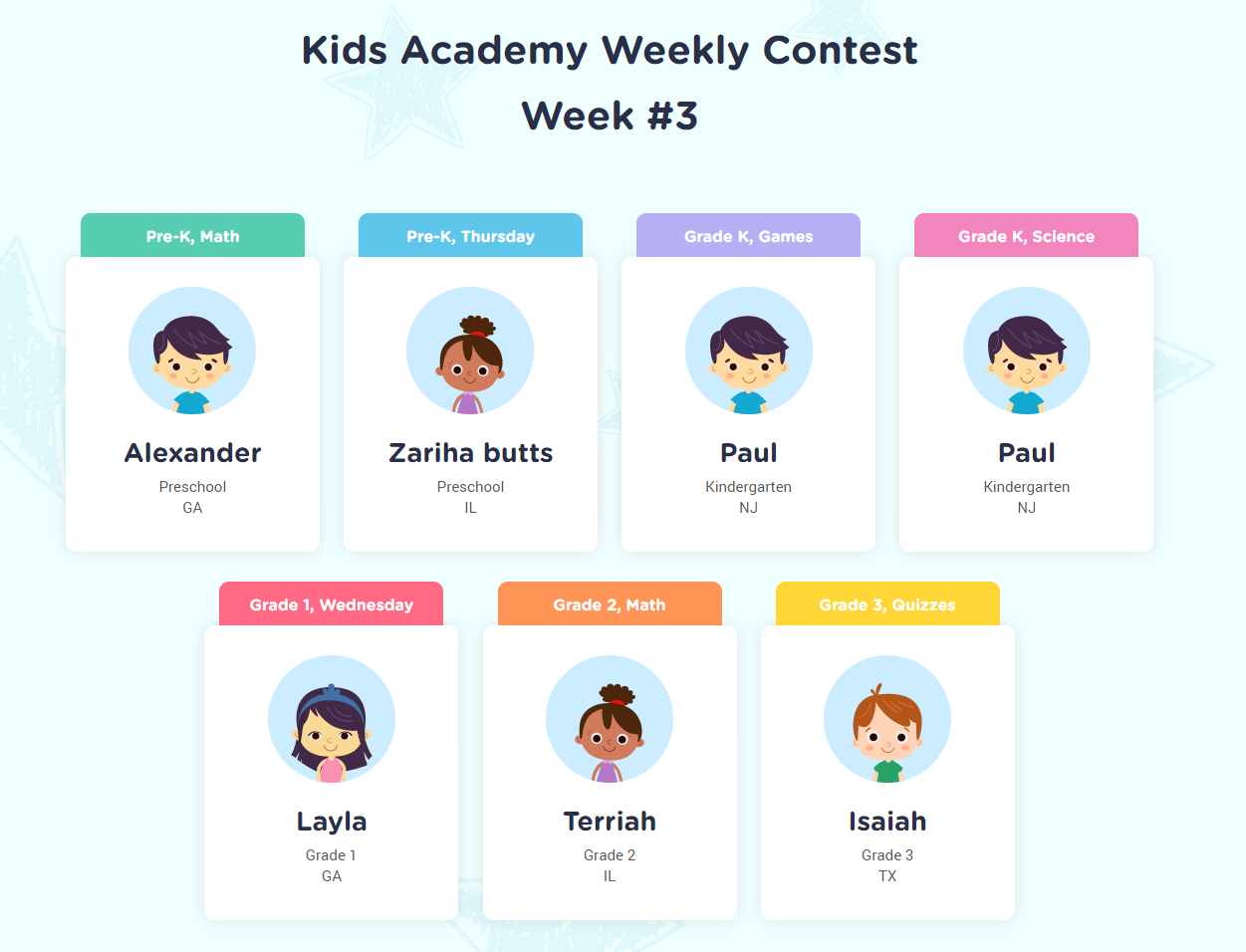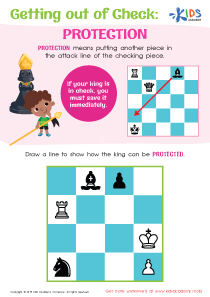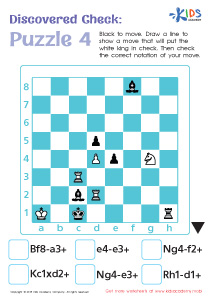Cognitive Development Chess Worksheets for Ages 5-6
5 filtered results
-
From - To
Nurture young minds with our Cognitive Development Chess Worksheets for Ages 5-6. Specially designed to foster critical thinking, logic, and strategic skills, these worksheets make chess exciting and accessible. Children will explore patterns, problem-solving, memory, and spatial reasoning through engaging exercises. Perfect for beginners, each sheet includes step-by-step instructions that guide young learners through basic moves and strategies. Enhance your child's cognitive development while cultivating a love for chess with our structured, fun, and educational worksheets, available for download today. Ideal for parents and educators aiming to boost early learning and cognitive growth in kids.
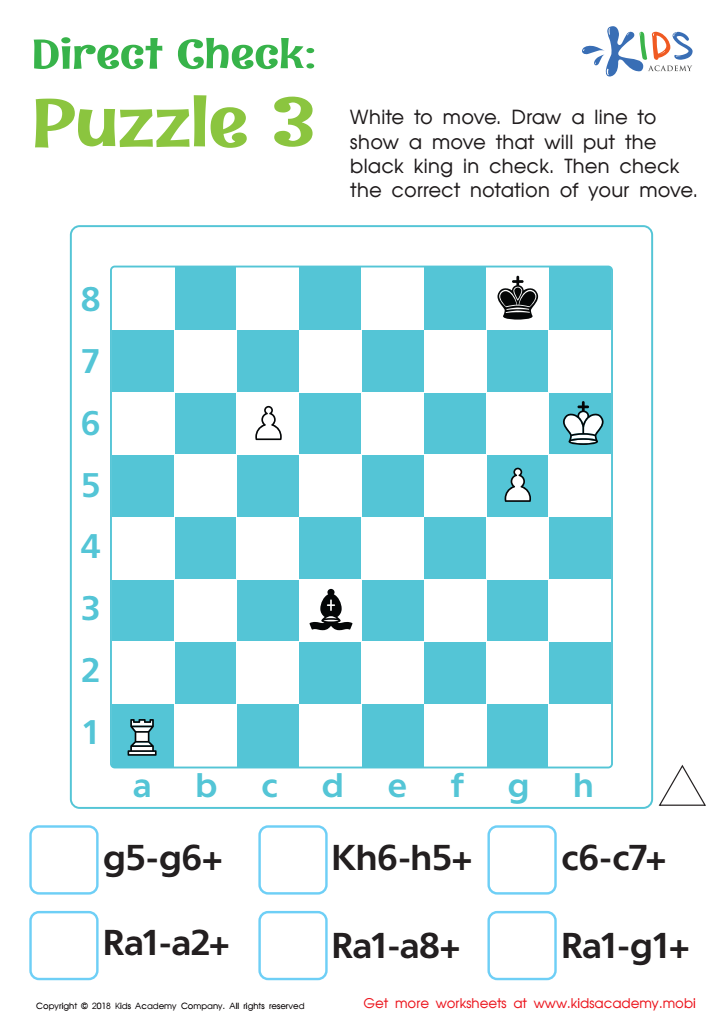

Direct Check: Puzzle 3 Worksheet
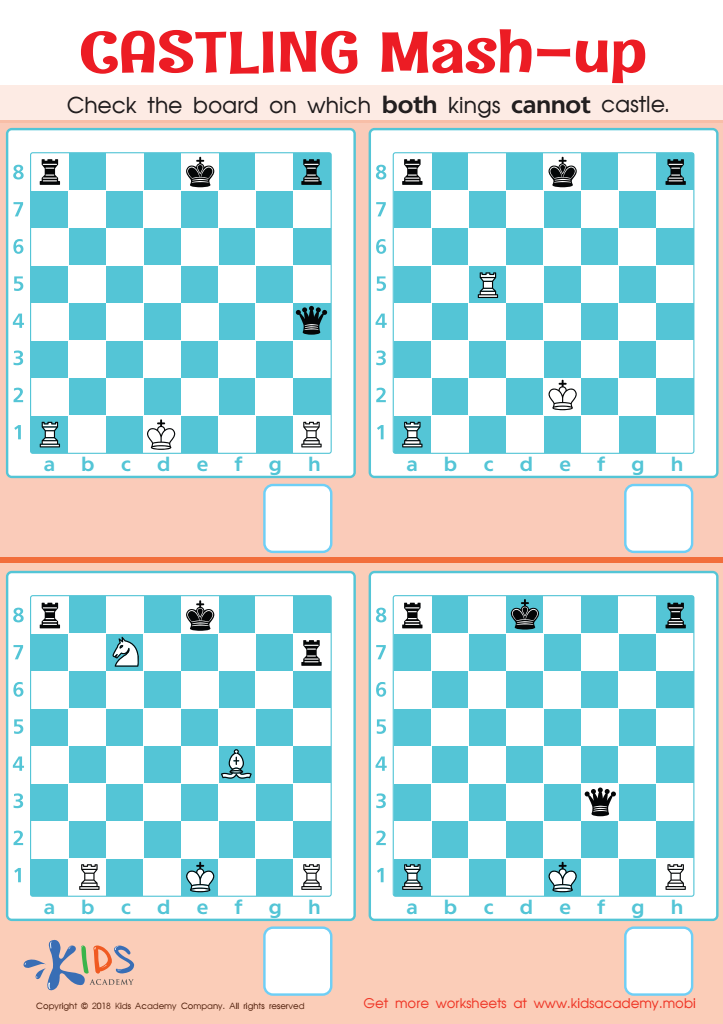

Castling Mash–up Worksheet
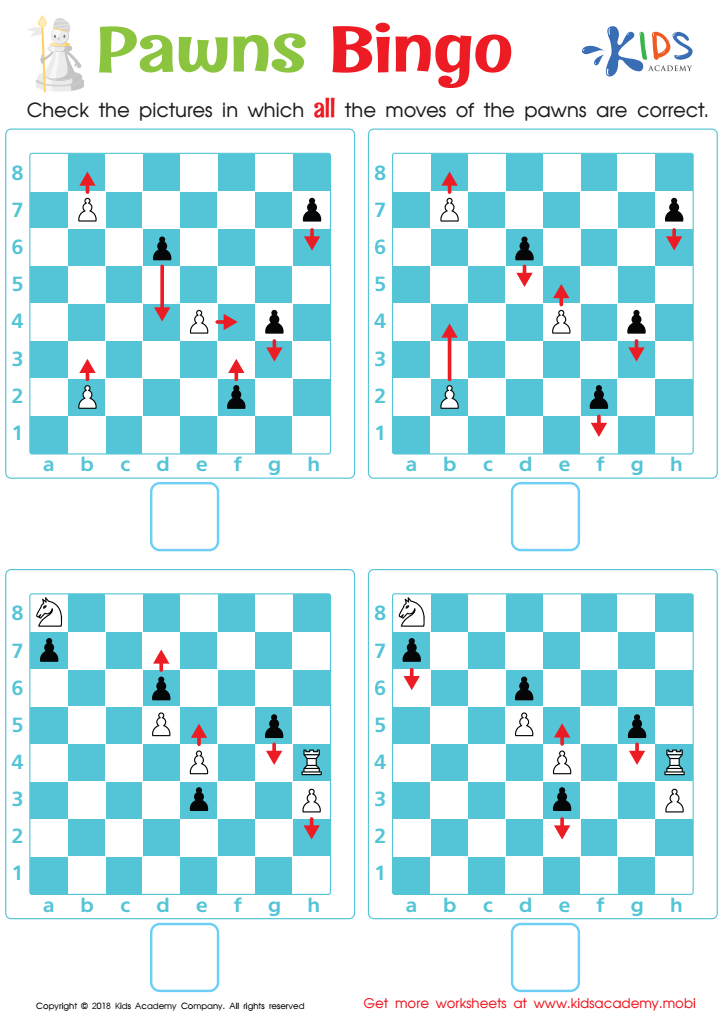

Pawns Bingo Worksheet
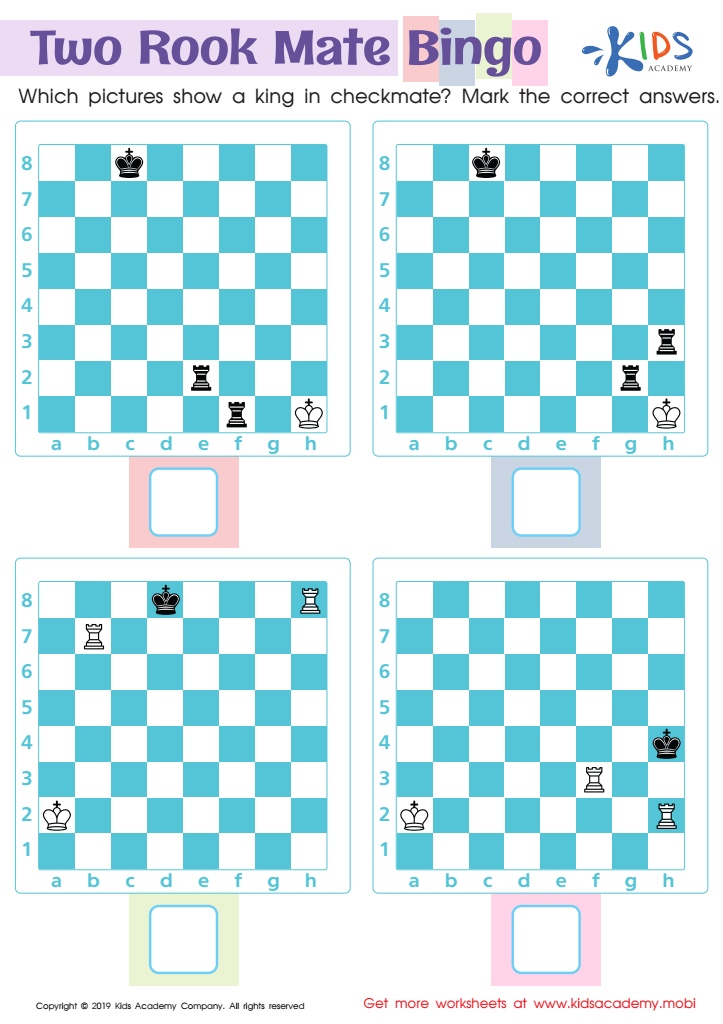

Two Rook Bingo Worksheet
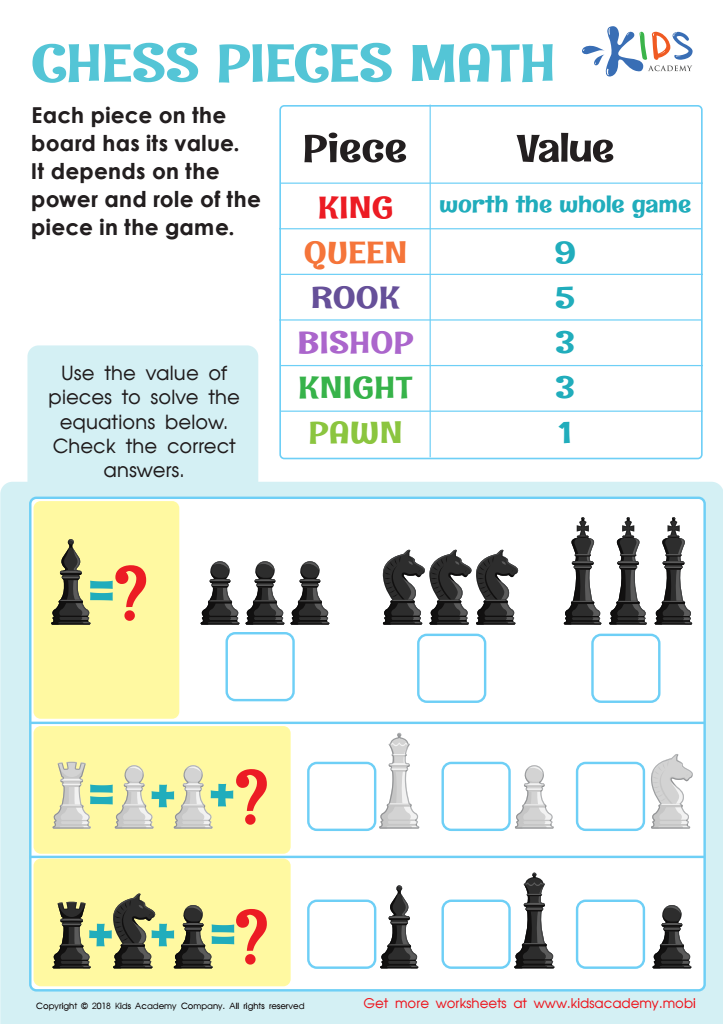

Chess Pieces Math Worksheet
Cognitive Development Chess for ages 5-6 is an incredibly valuable tool for young learners, offering numerous benefits that both parents and teachers should consider. At this early developmental stage, children's brains are highly receptive and can greatly benefit from activities that enhance thinking skills. Chess, a strategic game of decision-making and problem solving, is perfectly suited to boost cognitive development in young minds.
Firstly, chess improves concentration and attention span. Young children learn to focus on the game, anticipate opponents' moves, and develop strategies, thereby enhancing their ability to concentrate on tasks for extended periods.
Secondly, it cultivates critical thinking and problem-solving skills. Chess requires kids to think ahead, recognize patterns, and make decisions to achieve desired outcomes. These skills closely align with mathematical and scientific thinking, fostering a strong foundation for future academic achievement.
Moreover, playing chess encourages patience and discipline. Learning to wait for their turn and understand the consequences of their actions teaches children important life skills that transcend the game.
Lastly, chess is an excellent way to support social skills development. It fosters interaction between peers, teaches respect for others, and encourages good sportsmanship whether winning or losing.
Educationally enriching and developmentally beneficial, Cognitive Development Chess should indeed be an integral part of early childhood education to nurture well-rounded intellectual growth.
 Assign to My Students
Assign to My Students








